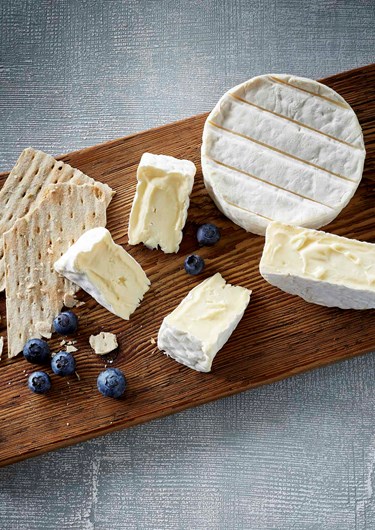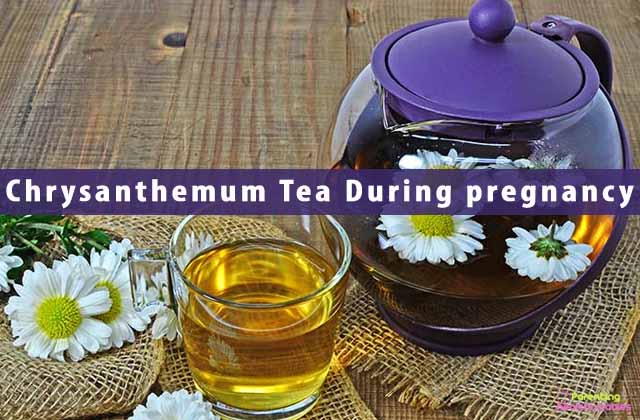Healthy eating and staying healthy is all that a woman requires during pregnancy. During a normal healthy woman gains about 12-15 kilograms weight. This is also essential for the healthy growth of the fetus. The woman needs to increase her diet and this could be done by adding delicious cheese to make dishes even tastier to eat. Many women have cheese cravings during pregnancy. Therefore, they need to know what kind of cheese is healthy to eat and how much amount should they consume during pregnancy.
In this article:
Are You Craving for Cheese?
Cheese During Pregnancy: Is it Safe?
Safe and Unsafe Cheese During Pregnancy
Goat Cheese During Pregnancy: Is it Safe?
Listeriosis due to Cheese Cravings
Tips to Prevent Listeriosis
Are You Craving for Cheese?
Cravings usually occur in a human due to a reason. It can be considered as a way by which the body informs you to have certain nutrients. A strong urge to have cheese indicates that the body needs more proteins, calcium, vitamins, and minerals. Usually, these cravings are seen for unusual foods that arise due to the hormones present in the bloodstream. Same as food cravings many women develop food aversion and start avoiding such food. In ancient times it was believed, the urge of cheese indicates the sex of the baby. But till now no evidence is found in its support.
Cheese During Pregnancy: Is it Safe?
Yes, having hard cheese is completely safe during pregnancy because this kind of cheese often contains very less amount of listeria bacteria in it. It is advised to avoid soft cheese especially the blue-veined as well as mold-ripened varieties due to the high concentration of listeria in them. Listeria is a harmful bacteria that causes listeriosis. In a pregnant woman, immunity is already low and thus they become more vulnerable to this bacterial infection. Due to listeria, the unborn baby can be harmed.
Safe and Unsafe Cheese During Pregnancy
Following cheeses are considered to be safe during pregnancy
1. Hard Cheese
Such cheese is characterized to have a firm texture and long maturation period. Usually prepared by pasteurized milk or with the milk boiled at high temperature. The high temperature kills listeria and therefore, such cheeses are free from listeria. Some of the hard cheese is –
- Cheddar (made by cow’s milk and is considered as natural cheese)
- Halloumi (made from goat and sheep milk and it was originated in Cyprus)
- Jarlsberg (made from milk of cow)
- Havarti (Obtained from highly pasteurized cow’s milk and is popularly used in Denmark)
- Emmental (Obtained from cow’s milk and originated in Switzerland)
- Paneer (it is unaged curd cheese obtained by curdling of milk)
- Pecorino (obtained from cow milk in the US whereas in Italy from sheep milk)
- Edam (contains low-fat content when compared to other varieties of cheese)
- Provolone (obtained from full fat cow’s milk)
2. Processed Soft Cheese
Soft cheese made from pasteurized milk is safe during pregnancy. This kind of cheese is soft and sometimes may be watery. Soft cheeses such as cottage cheese, garlic and herb roulade, cream cheese, mozzarella, quark, ricotta, and goat cheese without white rind are safe to have during pregnancy.
3. Processed Cheese
This kind of cheese is obtained from modified natural cheese. It is characterized to have a homogenous and flexible texture. The process of heating makes processed cheese safe during pregnancy. It contains salt emulsifiers, stabilizers, and other additives, so their use should be limited. Processed cheese like American cheese, Velveeta and cheese whiz is safe during pregnancy.
Following cheeses are considered Unsafe during pregnancy as they increase chances of listeriosis during pregnancy:
- Mold-Ripened Soft Cheese
Cheeses such as Brie, blue brie, Cambozola, Camembert, and Chevre are more likely to contain listeria.
- Soft Unpasteurized Cheese
Cheese made from unpasteurized milk may have a high concentration of listeria in them. Some of the soft unpasteurized cheese are Chabichou, Feta, Torta del Cesar cheese and Pyramide are unsafe during pregnancy. Most of them are obtained from cow milk but can also be made from goat milk.
- Blue- Veined Cheese
Such cheese is soft and contains moisture providing an appropriate environment for bacterial growth. Varieties such as Bergader, Blue Wensleydale, Danish blue, Gorgonzola, Tome, Roncal, Shropshire blue, and Roquefort are included under blue-veined cheese.
Goat Cheese During Pregnancy: Is it Safe?
Goat milk is considered safe during pregnancy if it is made from pasteurized milk or the cheese is hard. It is often said goat cheese is more beneficial than cow cheese because goat cheese contains fewer calories and is easy to digest when compared to cow cheese. But cheese like chevre served in restaurants and popularly used in cheese salads should be avoided during pregnancy. This is because such a kind of cheese provides an ideal environment for bacterial growth. It is known to contain listeria monocytogenes. The hard goat cheese is safe during pregnancy and causes no harm to the baby.
Listeriosis due to Cheese Cravings
Intake of contaminated or unpasteurized cheese can cause listeriosis in pregnant women. Thus, one needs to be very careful while selecting cheese as it is hard to identify infected cheese because it lacks any distinct taste or smell. In pregnant women chances of infection are fairly high when compared to non-pregnant women. Listeriosis can harm the baby by increasing the chances of miscarriage or severe illness or even stillbirth of the baby. But if detected early, treatment through antibiotics help in preventing serious complications in a pregnant woman.
Tips to Prevent Listeriosis
Cooking helps in killing listeria bacterium but these are resilient. These can grow back easily in the refrigerator or freezer. Following are some tips to prevent listeriosis during pregnancy :
- Avoiding soft cheese during pregnancy.
- If soft cheese is to be used, it should be cooked well and consumed immediately after cooking.
- The use of pasteurized dairy products is recommended.
- Maintenance of hygiene during storing food in the refrigerator.
Conclusion
The pregnant woman should be careful when it comes to eating cheese. Only hard cheese is recommended to be consumed during pregnancy. Soft cheese consumption should be prohibited during pregnancy because it can bring upon various adverse effects on the baby.













